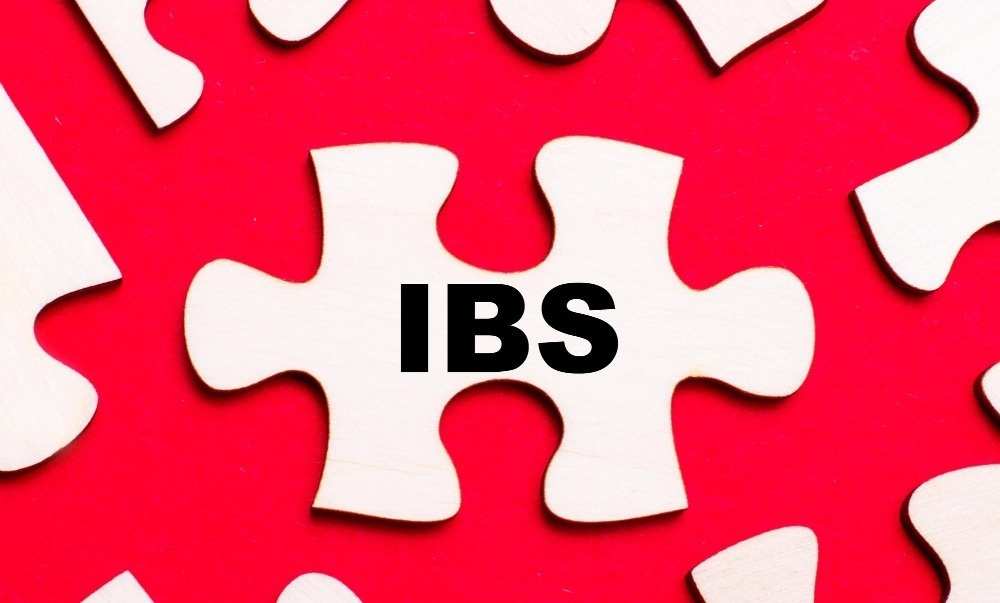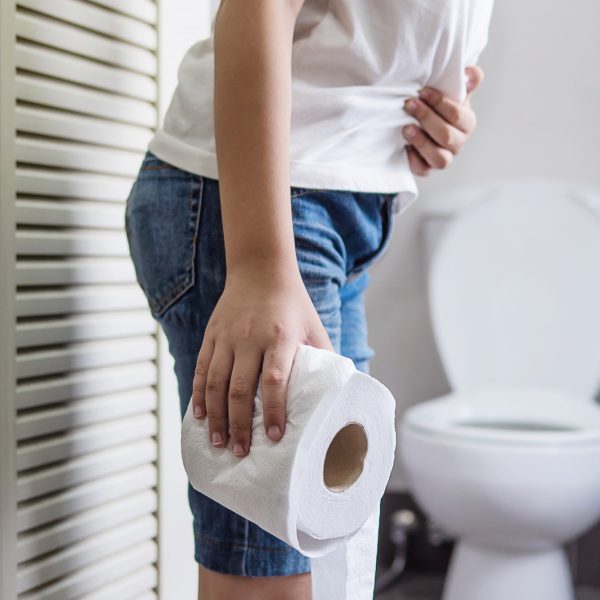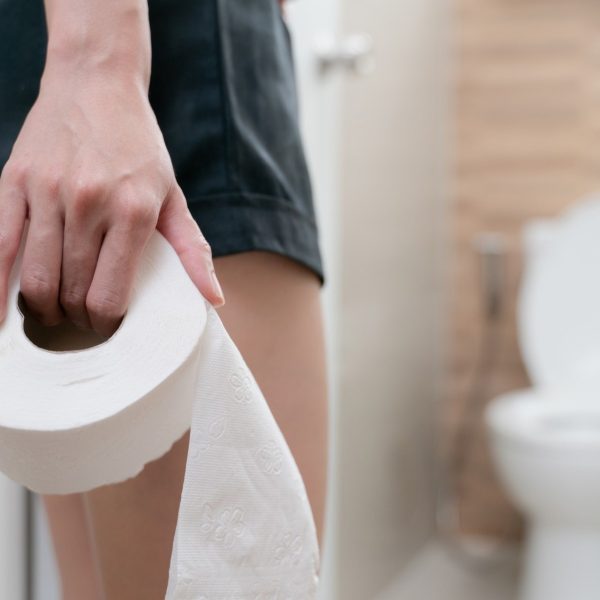Irritable bowel syndrome (IBS) is a chronic condition that, on a good day, can be quite frustrating but on a bad day, can be completely incapacitating. This illness may include suffering from uncomfortable and often debilitating symptoms including gas, bloating, cramping, diarrhoea, constipation, pain, and more.
It is not regarded to be reversible or curable, however, its symptoms can be adequately treated. Nonetheless, many individuals do experience significant improvement, and some medical experts even claim that IBS may be cured by adopting a healthy lifestyle, modifying one’s diet, and receiving appropriate medical treatment.
If you are suffering from IBS and want to modify your lifestyle to get relief from your symptoms here is a full guide on how to reduce and ultimately reverse the effects of IBS. Let’s get started!
Consistent physical activity is highly recommended
If you want something more difficult, try high-intensity interval training or weight resistance, but even 30 minutes of brisk walking can help regulate bowel movements and boost your mood.
Take Care of the Stress
Did you know that your mental health may be a factor in irritable bowel syndrome? Anxiety and stress can both bring on new symptoms and make old ones worse. Taking time off for some meditation, deep breathing, or yoga can do wonders for relieving stress. Lack of sleep is linked to a wide range of health issues, including obesity, depression, pain, cardiovascular disease, and diabetes.
When it comes to your mental well-being and stress management, you might want to try:
- Attending a Yoga class
- Keeping a regular journal
- Exercising with a pal
- Meditating daily for a few minutes
- Participating in Counseling
Add beneficial microorganisms to your digestive system.
Double up on high-strength probiotics for a month or two. See how your stomach reacts to the probiotics gradually. Some people shouldn’t take probiotics until their gut is healthier. Kimchi and other fermented foods are excellent ways to restore beneficial bacteria in the digestive tract.

Modify your Diet
Although it may seem obvious, it’s not always simple to pinpoint the specific foods (or lack thereof) that bring on irritable bowel syndrome (IBS) symptoms. Usually switching to a healthy balanced diet would involve the following steps:
- Consume meat: When you consume protein with every meal, even breakfast, you reduce your risk of developing blood sugar imbalances, which in turn feed harmful gut bacteria. As a result, your blood sugar level won’t spike unexpectedly. Make sure you’re starting your day off right with a healthy breakfast high in protein.
- Consume plenty of meals rich in fibre: The good kind of fibre can be found in whole grains, vegetables, nuts, seeds, and fruit.
- Don’t give up Healthy Fats: Include in your diet more cold-water wild salmon, sardines, herring, flaxseeds, and even seaweed for an increase in omega-3 fatty acids. Coconut oil, olive oil (extra virgin olive oil is best), cold-pressed sesame oil, and various nut oils are all excellent examples.
- Avoid eating any hydrogenated Fats: These can be found in many baked products and processed foods such as margarine, shortening, and processed oils.
- Eat colourful meals: The vitamins, minerals, fibres, phytonutrients, antioxidants, and anti-inflammatory compounds found in a diet rich in colourful fruits and vegetables can help ward off a variety of diseases.
- Avoid Junk Food: You should stay away from sugary and fatty processed foods like sodas, juices, and diet drinks. Calories from sugary drinks are a major cause of weight gain, diabetes, and cardiovascular disease.
Take Vitamins and Supplements
To cure IBS, it’s not enough to simply get rid of the poor habits that have been contributing to it; you must also replace them with healthy ones. The intestinal lining can be patched up with the help of a variety of minerals, including zinc, vitamin A, glutamine, omega-3 fats (fish oil), and evening primrose oil. Herbs like quercetin and turmeric are used to treat leaky gut and decrease inflammation.
Take Away
To alleviate symptoms rather than eliminate them is the primary goal of IBS treatment.
Your doctor may prescribe medicine for more severe cases, although non-pharmaceutical lifestyle changes are typically the primary focus of treatment. If you’re able to find the perfect combination of treatments, you may not only experience symptom relief but also gain control over your digestive health. Many remedies can be used at home to alleviate uncomfortable symptoms caused by IBS. Living well with this diagnosis may be possible with the help of dietary adjustments, stress reduction techniques, medicine or supplements, an exercise programme, and other therapies.













Share this article